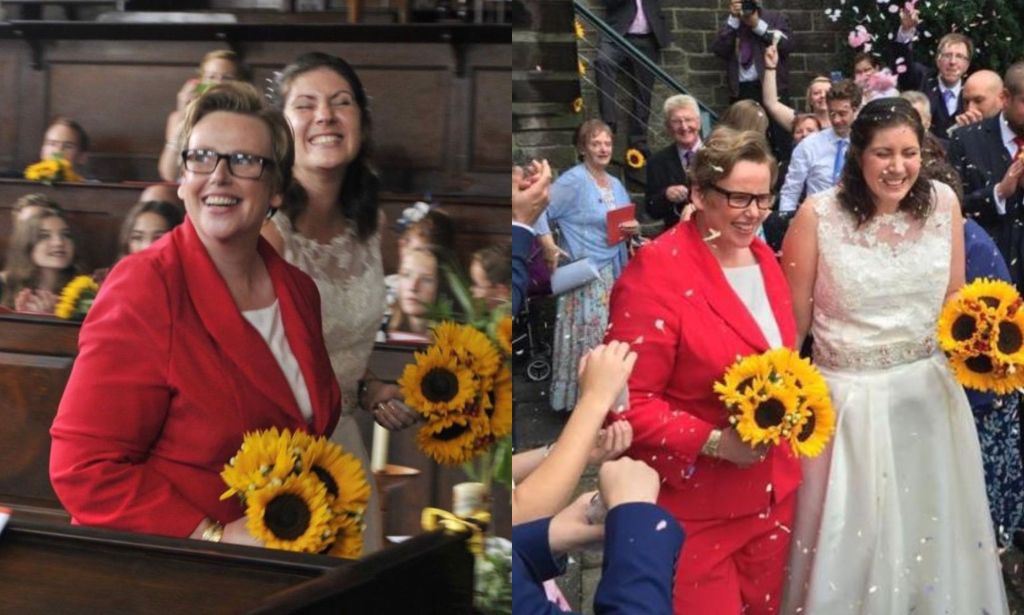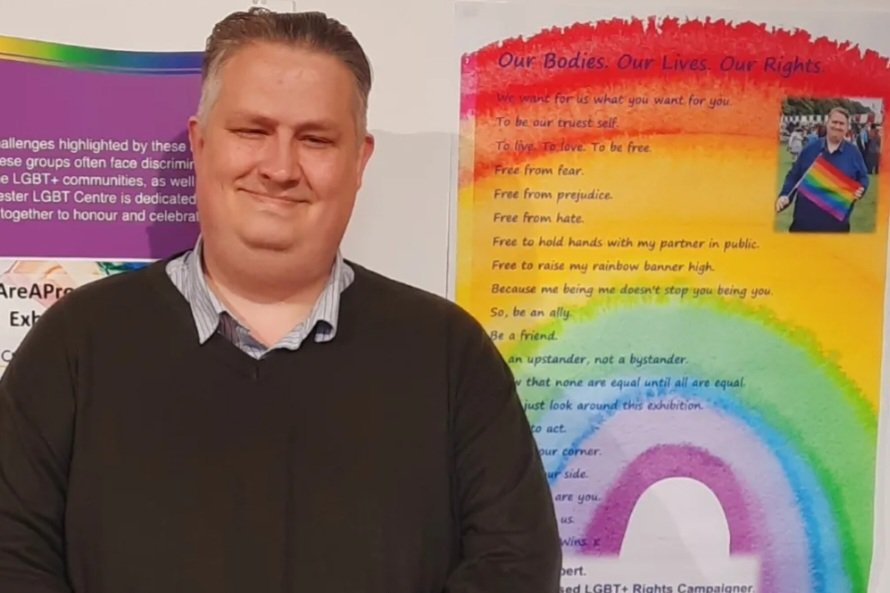God being gender-neutral ‘is nothing new’, queer Christians insist: ‘God is all genders’

The church typically depicts God as male. (Getty)
The church typically depicts God as male. (Getty)
The Church of England is considering the use of gender-neutral language for God – but for many queer Christians, the answer is simple.
The church is launching a new commission after a request for gender-neutral language in authorised forms of worship.
An official statement confirmed that there are no plans to abolish the current services which use “he” and other masculine terminology for God – rather, the commission will seek to formally acknowledge the fact “Christians have recognised since ancient times that God is neither male nor female”.
While some media outlets reported on the development with a matter-of-fact detachment, others fed into the narrative that the move would represent the latest chapter in “woke culture gone mad”.
The reality, however, is that Christians have been having debates about whether God should be referred to as “he” for years. It’s nothing to do with “woke” culture – it’s about how people interpret the Bible and their own faith.

Priest, queer theologian and writer Father Shannon TL Kearns, says “there is a long tradition of exploring language to describe God”.
“It’s not new at all,” Kearns told PinkNews.
“Julian of Norwich was calling God ‘mother’ in the 1300s. God is addressed with a variety of language all throughout scripture, from God addressing themself as plural in the book of Genesis – ‘Let us make humankind in our image’ – to the Holy Spirit being described almost exclusively with feminine language, to even Jesus saying: ‘I am like a mother hen wishing to gather her chicks.’
“Not only that, we realise that God is ‘other’. Not human. Not confined to human experience or language, so it would make sense to use a variety of options to talk about God and to highlight the bigness of God and how God is not bound by human language or conceptions.”
For Sarah Barley-McMullen, an LGBTQ+ Christian, the answer is relatively straightforward.
“For God to be God, there should be no gender because the power and authority of God is so much bigger than humanity and therefore bigger than gender.

“If we are made in the image of God – which I believe I am – then actually God is all genders and whichever one you use to refer to God is your choice.
“The Bible calls God the father, but the Bible was written in a particular social and cultural context when fathers were head of the family. We live in different cultural times now; fathers have no hierarchy over mothers.”
Naturally, opinions among Christians on gender-neutral language are going to differ, but Sarah is in favour of change.
“I would like to see a change in the way language is used in hymns and holy scriptures when referring to ‘people’, but I think how you define God is a personal preference.”
The Bible makes clear that God is gender neutral
LGBTQ+ Christian Mathew Hulbert would also like to see the church going further.
“We, as Christians, making clear that we worship a God who is non-binary is an important message to send,” he says.
“All are – or at least should be – welcome in God’s church and inclusive churches up and down the country are making that point strongly.”

As far as Mathew sees it, those who have expressed rage over the establishment of the commission “don’t know their Bible very well”.
Sarah agrees, and has little time for the media outlets driving a moral panic about “woke” culture.
“To be ‘woke’ is to be ‘awake’ to the issues of discrimination and to actively challenge them,” she says.
“I do not see that as negative, I see it as actively doing something to make our understanding of Christian religion more in context with our lives now.”

